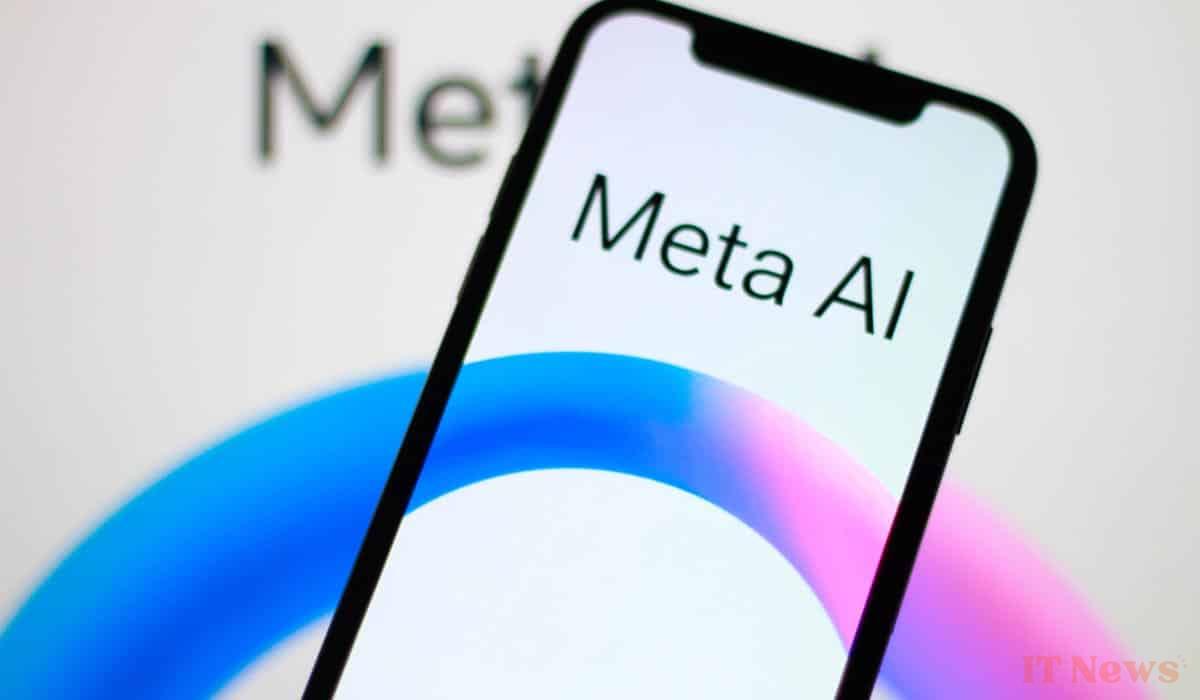Three renowned authors, Richard Kadrey, Sarah Silverman, and Ta-Nehisi Coates, accuse the company of using their copyrighted works to train its artificial intelligence model Llama, without consent and by concealing these practices.
A complaint that shakes Meta
The lawsuit filed against Meta marks a new stage in the struggle between creators and tech giants. The plaintiffs claim that their books were used to feed Meta's algorithms, without compensation or authorization. Judge Chhabria, who presided over the case, ruled: that these accusations were strong enough to justify the continuation of the trial, thus rejecting Meta's request to dismiss the case.
Faced with these accusations, the company relies on the doctrine of "fair use," an American legal principle allowing the limited use of protected content for the purpose of innovation. However, this defense struggles to convince, and Meta could be forced to reveal in detail its practices regarding data acquisition and processing.
A legal risk with serious repercussions
This trial goes beyond a simple confrontation between Meta and a few writers: it could redefine the rules of the game for the entire artificial intelligence industry. If the courts rule in favor of the plaintiffs, the consequences could be considerable, ranging from significant fines to a complete overhaul of AI training procedures.
A legal precedent in favor of the authors could also encourage other creators to file a complaint, thus jeopardizing the viability of certain AI models based on massive databases. Companies investing in these technologies may have to review their strategies to avoid future legal conflicts.
Meta's defense and pressure on Zuckerberg
Meta is trying to downplay the case by arguing for a blanket dismissal of the lawsuit, but his arguments have not convinced the courts. Furthermore, court documents mention the direct role of Mark Zuckerberg, who is said to have approved certain decisions regarding the training of the Llama model. His personal involvement in the case adds a strong media dimension and risks increasing pressure on the company.
If Zuckerberg is forced to testify, it could not only affect Meta's public image, but also influence the final verdict. The case could then become a symbolic case on the responsibility of executives in the controversial use of data by technology companies.



0 Comments